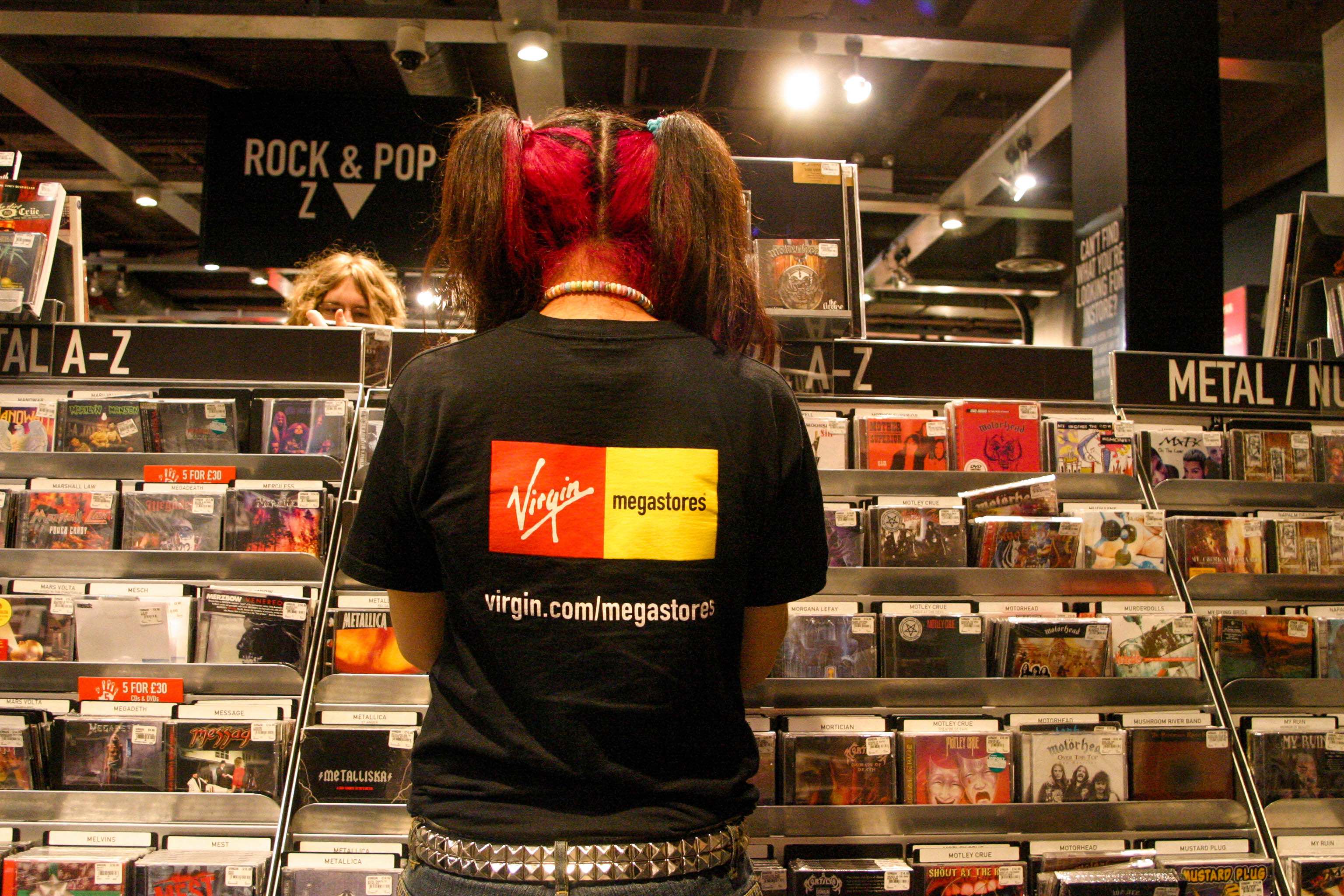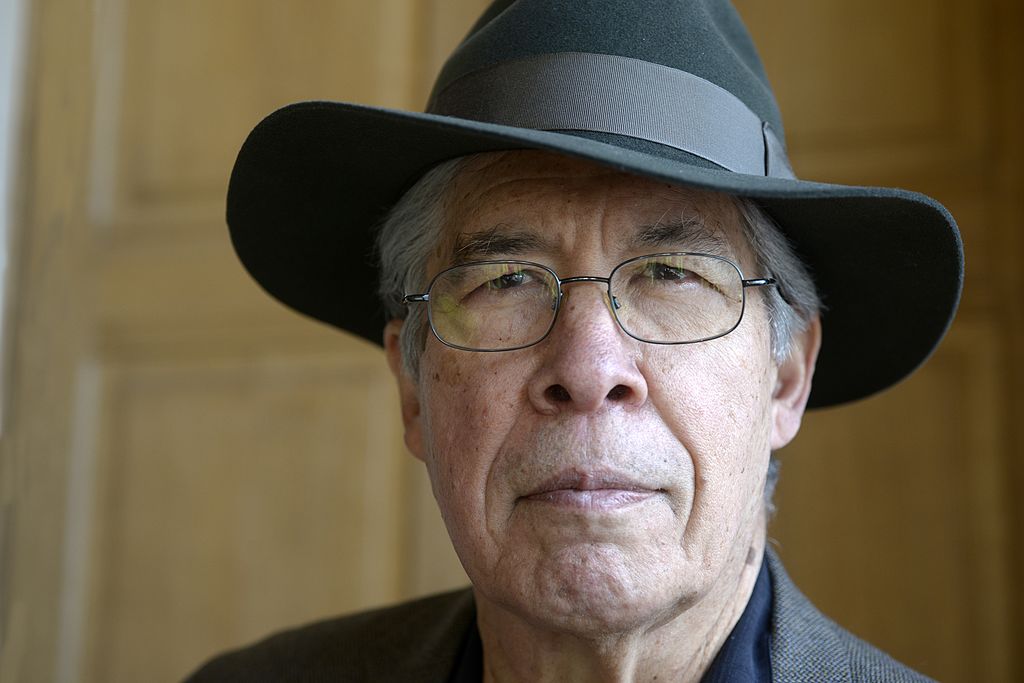They were a stalwart of Britain’s towns and cities from the 1970s until their disappearance in 2007 – and now Virgin is set to bring its Megastores back to the high street. According to the Times, the Virgin Group has in mind at least one central London site as a possible location for a new Megastore. Its chief executive, Josh Bayliss, said he wants to return the ‘human connection’ to the Virgin brand.
Quite right. We should applaud this news, not just on nostalgic grounds – but for financial, aesthetic and communitarian ones too. Like so many once-familiar high street names, Virgin Megastores may have succumbed to supermarket competition and the online shopping revolution, but that revolution has not only impoverished our towns, it has impoverished us as human beings.
There have been many unintended consequences of the switch to internet shopping as a first port of call. In this medium, reliant on algorithms and one-click purchases, our capacity to exercise choice became diminished, with shopping online reducing many to passive, impulsive consumers. In actual shops, conversely, we are made alert to the virtues of prudence and foresight, of deliberating over an object we can see and touch, of ruminating on our decision as we walk to the till.
The virtual experience also narrows our intellectual and artistic horizons. To shop for real is to appreciate the worth of serendipity, of finding something you weren’t looking for. Most of us are familiar with the risible suggestions thrown up by algorithms on Amazon following one unusual purchase, but to shop in the flesh is to tip the balance back fully in favour of human judgment. In the act of browsing and musing, we are reminded of ourselves as subjects with agency, while also becoming attuned to the emotional meanings we often invest in objects as we encounter editions of books and CDs that we had once cherished or forgotten we had loved.
The sensory experience of in-person shopping is particularly appropriate to a music store. This is where we are exposed to the latest releases, strike up conversations with staff and strangers as to our preferences and passions, or observe what band T-shirts the kids are wearing these days – being at once shocked, amused and enchanted that their tastes today often accord with ours back then: the Cure, the Smiths, Nirvana.
Before it closed temporarily in March for a relocation, I used to frequent the HMV branch in Canterbury. The store would put on a live band every Saturday afternoon, to the cheer of the shoppers inside and the passers-by outside catching an earful. Such performances, at a venue where you are in communion with fellow aficionados, reminds you of the importance of music as a social activity.
The virtual experience narrows our intellectual and artistic horizons. To shop for real is to appreciate the worth of serendipity, of finding something you weren’t looking for
Most of us implicitly came to understand the communal and tribal aspect of music as teenagers, the time when my own love affair with music stores began at Our Price in Notting Hill, west London. As adolescents we would seek to foist our tastes upon our friends in the hope of converting them to our tribe, whether it be goth, indie kid or metaller. This social role performed by music has often been forgotten in our age of streaming, curated playlists and ubiquitous headphones, today’s pitiful icon of atomisation and detachment.
To visit a music store is often to participate in a dialogue between the past and present. Earlier this year at HMV Canterbury I struck up an exchange with the lad behind the till after he remarked approvingly of my purchase of Megadeth’s classic 1992 album, Countdown to Extinction. The ensuing conversation on our favourite groups led me to relate how I saw Guns N’ Roses live at Wembley Stadium in 1991, and in the following year, Iron Maiden headline the Donington Monsters of Rock Festival, in a line-up that included Slayer and Skid Row. He reacted with manifest awe, much to my delight. I was less delighted, however, to hear that his mother loved Skid Row – not merely because I always regarded Skid Row as a poor man’s Bon Jovi, but because it reminded me that I was old enough to be his father.
Still, there’s nothing wrong with reuniting the past and present. That’s why the proposed rebirth of Virgin Megastores would represent a timely and much-needed return of an old friend.








Comments